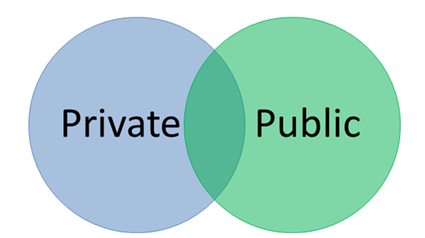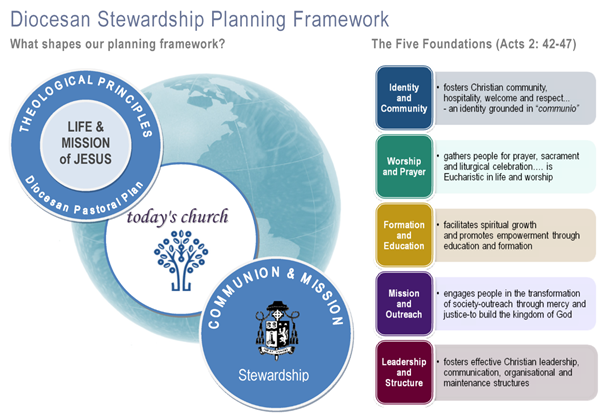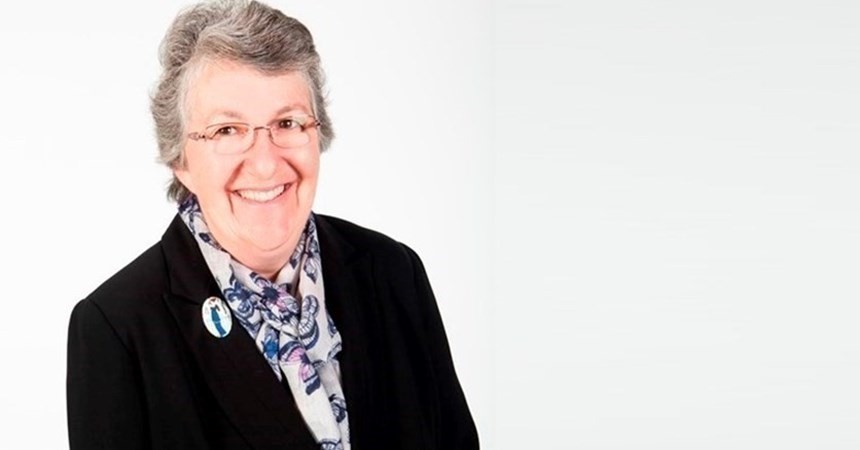I hope this was remembered in each of your parishes over the weekend or that you have taken the time to access the resources prepared for this memorial. As humans it is important to remember so we may not forget, even when those memories are difficult.
To begin my message for the week I thought I would invite you to pray this prayer which was included in the prayer resource for this special day:
Create a clean heart in us O God.
Where people are disempowered
May we shine the light of your paschal wisdom.
Where there is privilege and prestige
May we shine the light of your humility.
Where there is dishonesty and denial
May we shine the light of your truth.
Where transparency is lacking and agendas are hidden
May we shine the light of your integrity.
Where there is fear
May we shine the light of your courage.
Where there is judgement
May we shine the light of your compassion.
Where there is disrespect
May we shine the light of your love.
Where people feel silenced
May we shine the light of your word.
Where people feel excluded
May we shine the light of your acceptance.
Where there is sin
May we shine the light of your forgiveness.
Create a clean heart in us O God.
Now to pick up on the theme I have been following in my messages for the past three weeks around our diocesan synod and the five foundations of diocesan life. This week were are going to look at Mission and Outreach. Interestingly, our Sunday readings were asking us to show forgiveness and mercy.
The Lord is kind and merciful;
slow to anger and rich in compassion (from Psalm 102)
In this foundation we are really aware of the frailties of human existence and of our need to respond to our brothers and sisters in need. The intersection of our private pain and public lives requires us to work as a community to resolve the many issues facing us as a society. I have no doubt that we are very conscious of this during this pandemic. We have listened and now our challenge is to move to further action. This is what our faith demands of us.

You may recall the diagram below which reflects our Diocesan Stewardship Planning Framework.

The Discernment of Data Focus Group reviewed the data from the first session of our own diocesan synod of November last year as well as information coming from the Plenary Council, particularly the information gathered from our diocesan submissions. This enormous amount of data was then allocated into the five foundations.
Within the foundation Mission and Outreach the following key areas were identified:
- Putting Gospel Values into Action
- Social Issues
- Care of Neighbour/Community Outreach
-
- Relationship with Aboriginal and Torres Strait Islander People
- Relationship with People of Other Cultures
- Ecumenical and Interfaith Relations
- Ministry with Young People
- Care of Creation
- Catholic Social Services
The members of the Discernment of Data Focus Group then listed what had been heard under each of the key areas. What we heard can be quite challenging, as it might reflect the reality of some, and not others. The task in leading up to the second session of our diocesan synod will be to formulate proposals for further dialogue and discernment.
MISSION AND OUTREACH
Missionary and Evangelising
Foundation 4: Mission and Outreach:
Engages people in the transformation of society – outreach through mercy and justice – to build the kingdom of God
- INTRODUCTION: PUTTING GOSPEL VALUES IN ACTION
What we heard:
Some Diocesan Plenary Council and Synod responses indicated concern for:
-
- Reducing margins between rich and poor
- Care of Creation
- Defending religious freedom
- Defending the right to life
- Aboriginal and Torres Strait Islander People and History
- Fighting for human rights
- Living in peace and harmony
- SOCIAL ISSUES
What we heard:
Some Diocesan Plenary Council and Synod responses indicated that people saw the need:
-
- for a unified voice at diocesan and parish level in engaging with social issues
- to look at ways of raising awareness about significant social issues
- for solidarity and sharing with the poor, the disadvantaged, the hurt, the needy
- for collaboration at the local level with other social justice minded groups
- for concern for volunteers: caring for them, acknowledging and affirming their work
- for rural Australians suffering bushfires, droughts, isolation, and mental health issues
- for same-sex-attracted persons and the end of discrimination of LGBTIQ people
- CARE OF NEIGHBOUR … COMMUNITY OUTREACH:
- RELATIONSHIPS WITH ABORIGINAL AND TORRES STRAIT ISLANDER PEOPLE
- RELATIONSHIP WITH PEOPLE FROM OTHER CULTURES
- ECUMENICAL AND INTERFAITH RELATIONS
- MINISTRY WITH YOUNG PEOPLE
- CARE OF CREATION
What we heard:
Some Diocesan Plenary Council and Synod responses indicated that people saw the need to reach out to:
-
- all the baptised, to families, parents of children in Catholic schools, the disconnected (for whatever reason)
- youth; providing more youth facilities; more youth programs
- teachers in Catholic schools to support them in their ministry
- volunteers, caring for them, acknowledging and affirming their work
- rural Australians suffering bushfires, droughts, isolation, and mental health issues
- same-sex-attracted persons; end discrimination of LGBTIQI people
- Interfaith and other Christian groups
- Aboriginal and Torres Strait Islander Australians
- the wider community, to be a more visible presence in communities especially at local level
- unite as a Diocesan community in practical achievable ways to communicate solidarity and practical ongoing support for the needy
- CATHOLIC SOCIAL SERVICES
Some Diocesan Plenary Council and Synod responses indicated that people saw the need to:
-
- Recognise what Catholic Church does well: Social Services outreach programs
- Tell the story of the reach and impact of our Catholic services – doco that links us all up
- Encourage people who are good communicators to speak once a year at every Catholic parish at every Mass about works and volunteer possibilities,
- Improve the relationships of people within and between all spaces under the umbrella 'church'
- Collaborate between agencies (and provision of funding for starting up such projects)
- Connect parishes to Catholic services to support parishes in their growth and change
- Express concern that Christ has been taken out of Catholic Care, St Vincent de Paul, Catholic Schools. These organisations employ a lot of non-Catholics
- Formally identify and provide chaplains and churches for “fringe” members of our church – gatherings for homeless, gay, divorced, disabled
I hope you can really sense that these are not easy issues to provide a response to, but our faith and the message of Jesus Christ compels us to act.
To finish this week’s hard-hitting message, I take us back to some of the documents from our 1992/93 diocesan synod:
The Church exists to promote the Kingdom of God on earth (LG5).
This it does by proclaiming Christ
- the Good News of God's love for all people –
and by working in the world
for justice, peace and reconciliation.
We are called to live out the commandment of Jesus:
'Love one another as I have loved you.’ (Jn 15:12)
Principle 3.4 The Dignity of the Human Person
The Church is called to heal, liberate, and
promote the growth of persons into maturity in Christ.
Structures and programmes exist in order to serve persons,
not persons to serve structures or programmes.
All our pastoral activity should be marked
by a concern for persons affected by it.
I came that they may have life and have it abundantly. (Jn 10:10)
I also take us back to the theme for our Perpetual Day of Remembrance – Shine the Light of Christ. May we be Christ-bearers of light, love, peace, compassion, forgiveness and mercy so that our world may be healed from the wounds of our actions.

